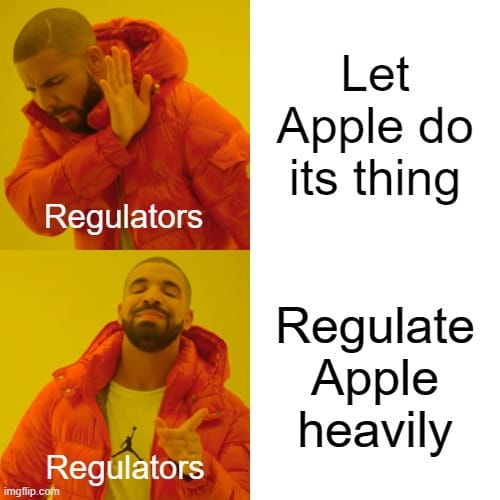Featured Posts

Let’s talk markets. Specifically, let’s talk about what just went down (literally) in the Nasdaq this week. If you’ve been paying attention—or maybe even if you haven’t—it’s gotten pretty ugly pretty fast. I even tweeted something about it: Markets take the stairs up

The drop happened fast! If you blinked sometime in February, you might’ve missed that we were at new all-time highs. Now? We're in full correction territory. Just yesterday, the S&P 500 fell more 2%, and now close to 10% in less than a month. Not

Did you know that 56% of Wisconsin’s agricultural exports could be impacted by tariffs from Canada, Mexico, and China? Wisconsin now represents the 11th largest exporter of agricultural products in the U.S., up from 13th in 2023 (WI DATCP). In 2024, Wisconsin’s agricultural exports reached $3.97

So, here’s something no one seems to be making a big deal about: tariffs are rising fast, and they’re dragging the US economy down. You won’t hear much about it in the headlines, but the effects could start to pile up. Higher prices, weaker growth, and more

You know how it feels when it seems like the whole world's against you? That’s Apple right now. From Europe to the US, regulators have been gunning at Apple, aiming to break its walled garden and level the playing field.
Exhibit A: Europe's Digital Markets Act
The EU's Digital Markets Act (DMA) is a major headache for Apple. This law forces Apple to allow third-party app stores on iOS, breaking its tight grip on app distribution.
Imagine the chaos of letting other stores into the mall you own.. Yeah, it's like that.
Exhibit B: Antitrust Investigations
Apple’s troubles don’t stop there. Both the US and EU are digging into its business practices.
They’re probing Apple’s tap-to-pay tech and its treatment of rivals like Spotify, where they charge 30% commission on apps.
These investigations could cause huge fines and force Apple to rethink its strategies.

Exhibit C: Apple's Slow Adaptation
Although Apple has been able to introduce new fee structures to appeal with DMA, it’s still a bit of a gamble.
Apple recently announced a “Core Technology Fee” for apps and reduced commission rates for alternative payment systems.
The question for Apple investors is if they're doing enough to mitigate antitrust fines and regulations.

Despite these developments, Apple's stock price has gone up 10% in the past week, mainly because of their partnership with OpenAI and Meta to integrate new features for iPhone users, making using a phone even more convenient.
Regardless, the big question remains: can it maintain its growth while adapting to new regulations?


